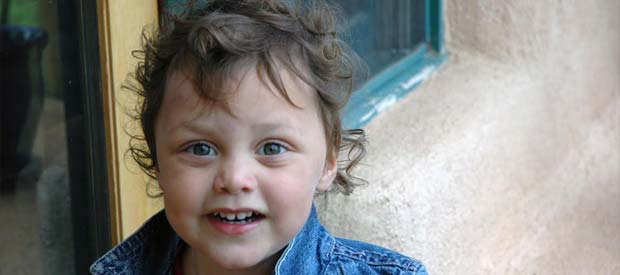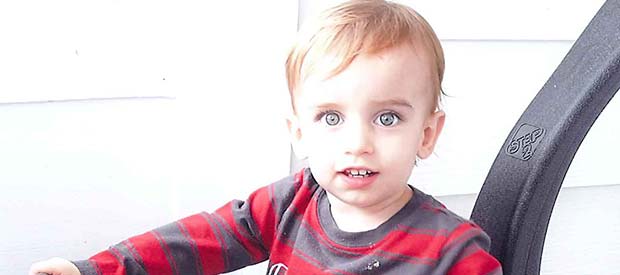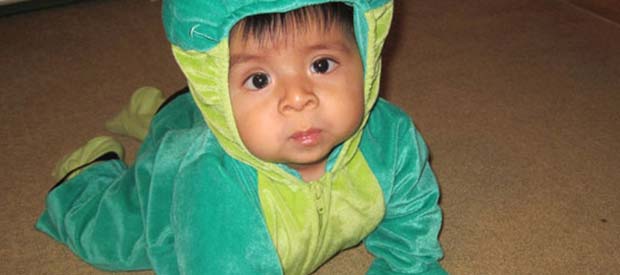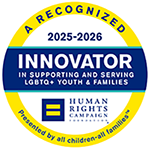For Adoptees
The Search

While interest among adopted persons in finding their birth families has always been high, the percentage of adult adopted persons who take action to initiate a search appears to be on the rise. This trend is accompanied by a growing interest on the part of many birth parents in searching for their (now) adult children who were placed for adoption many years earlier. The expanding number of organizations that advocate searching for birth relatives and provide advice and resources for doing so indicate both increased interest in and acceptance of this process.
New legislation in some states permits more access to birth information, and new technology has the potential to make the searching process faster. A recent study shows that adopted persons are more likely to seek out information about their birth families now than in the past. And a study that reviewed estimates abroad and in the United States suggests that 50 percent of all adopted persons ask questions at some point in their lives.
The Child Welfare Information Gateway (formerly the National Adoption Information Clearinghouse) provides lists of support groups for adoptees searching for birth relatives. To find a support group near you, click here. Gathering emotional support from family and friends also can be helpful. Adopted persons may be reluctant to share their decision to search with their adoptive parents for fear of hurting their feelings. However, in many cases adoptive parents can be an enormous source of support, as well as a source of information. Adoptive parents may take some comfort from knowing that an adopted person's decision to search usually has nothing to do with dissatisfaction with the adoptive parents.
The search process may trigger a number of different emotions at different stages for the searcher. At certain stages, some searchers may feel that they need more emotional or moral support than they are receiving from family, friends, and support groups. In these situations, they may want to talk to a professional counselor. Searchers who seek professional counseling will want to ensure that the counselor is familiar with adoption issues. In fact, some State laws require a meeting with a counselor before a reunion takes place. FFTA offers a number of different counseling services and workshops for adoptees, including ones geared toward facilitating discussions with your adoptive parents around your adoption and your desire to search for your birth family.
The best place to begin a search for domestic birth parents is in the court adoption records. They consist of a number of documents, including the original, unaltered birth certificate, the petition to adopt, the adoption finalization papers or final decree, the consent to adopt from the birth parent(s), relinquishment papers or orders terminating parental rights, and any agency or attorney papers, including information about birth parents.
Many of these documents may also be available elsewhere. For instance, adoptive parents should have copies of the court proceedings finalizing the adoption, although the final court order will not provide the names of the birth parents. If this is not available, an adopted person searching for birth parents may be able to contact the attorney or law firm that handled the adoption to obtain it.
A request may also be made to the court. Often, identifying information will be blacked out of the court-supplied document; however, there may be some remaining clues that are helpful. The final adoption papers should provide the name of the attorney, judge and agency involved in the proceedings. This information may lead to discovering other useful clues.
In general, searching overseas is more difficult than searching in the United States. In cases in which the search for the birth parent is unsuccessful, some adopted persons may derive some satisfaction from visiting their birth country and experiencing their birth culture. Many agencies and support groups have begun to organize homeland tours for adopted persons and adoptive families. These tours generally provide an introduction to the country and culture. Visiting the birth country for the first time as part of such a group may provide searchers with some emotional security, because the people in the tour group are often looking for answers to similar questions.
The Effect On You

Search can take time, money and a great deal of determination. Yes, it can sometimes result in success so quickly that it will take your breath away. On the other hand, it can take days, months or years, and, in fact, may never be successful.
The wrong reason to search is because your best friend/sister/brother/parent/spouse thinks it would be “cool” or because “everyone else is doing it.” You’ll know the right reason when you come to it, and it will be yours and yours alone. It will be thoughtful and considered, and you will feel secure in it, no matter the outcome.
By the way, having expectations – versus hopes – for a particular outcome of the search may indicate that you’re not yet ready for it. Before you begin, make sure you have come to terms with the fact that it may not be successful. Even if it is, it cannot – and will not – solve all of your problems. Remember… You may not be welcomed into your birth family. Your birth parents/siblings may not automatically love, admire and fuss over you. They are unlikely to be prepared to support you, financially or otherwise. And you will not be able to walk in to their lives, take a look around and ask a few personal questions, and then walk out and expect life to return to the way it was before.
The Effect on Your Adoptive Family
Searching can take a toll on members of your family who may or may not be supportive of your efforts and who, at times, will undoubtedly feel left out – even if that's only because searching is such a personal quest. On the other hand, it’s best not to keep your search a secret from members of your family.
The Effect on Your Birth Parent(s), Birth Sibling(s)
It's important to recognize that the person for whom you are searching may want much less or much more from a future relationship with you than you do. There are birth mothers who have not shared with their families the existence of an earlier pregnancy and birth. There are birth fathers and birth siblings who may never have been told of the existence of a child, a brother or a sister. Be prepared: your appearance in their lives may be welcomed, or it may be feared or even rejected.
Reunions

Reunions between birth family members have been the subject of books, articles, and television shows. Two important themes emerge from these accounts:
1. Participants should be emotionally prepared for the reunion experience
Adopted persons and birth parents may carry a picture in their mind of the perfect family, but the reunion experience may not live up to that ideal. In preparing for contact and reunion, adopted persons should prepare for a whole range of realities, including rejection. Although most birth parents are agreeable to further contact, research indicates that a minority, perhaps 9 to 15 percent, reject any contact.
2. Pacing the contact can be key to having a successful reunion and relationship:
In a small study of adopted women who experienced reunions with birth kin, it was found that successful reunion experiences were associated with (1) preparation with a support group and (2) a slower pace between initial contact and actual meeting, involving letters and phone calls. This interval between contact and meeting allowed information to be exchanged and gave the "found" relatives some time to become accustomed to the idea. Such an interval can also give the found relatives time to share the news with spouses and children in their family, if they desire.
What's New at FFTA?
The Adoption Tax Credit 2026
The IRS announced the Adoption Tax Credit for the 2026 tax year. The maximum allowable federal adoption tax credit for 2026 is $17,670 per eligible child, with up to $5,120 of that amount being refundable. The credit begins to phase out at a Modified Adjusted Gross Income (MAGI) over $265,080 and fully phases out at $305,080. This credit helps cover qualified adoption expenses and applies to domestic, international, and special needs adoptions. Always contact your tax accountant or advisor for more guidance and make sure to save all invoices and expense reports towards your adoption.
Learn more about adoption costs . Read more about Understanding the Adoption Tax Credit from the National Council for Adoption (NCFA).Meet and Greet
February 24th, 2026
Domestic Newborn Adoption: Everything You Need to Know - Zoom Meeting
March 18th, 2026
Foster 2 Forever: Free Information Session
April 14th, 2026
Domestic Newborn Adoption: Everything You Need to Know - Zoom Meeting






